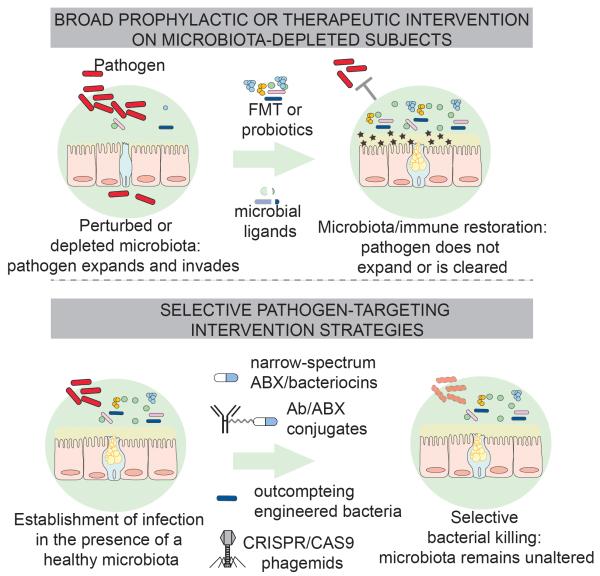Figure 4. Novel Approaches to Substitute or Complement Antibiotic Therapies.
Antibiotic treatment depletes commensal communities in the gut, decreases mucus layer thickness and expression of AMPs, and predisposes to infection (upper panel). Transfer of microbiota by fecal transplantation can restore a healthy microbiota, mucus production, antimicrobial peptide secretion, and provide colonization resistance against pathogens, that can no longer expand or are cleared. Transfer of selected bacterial communities, as shown in mouse models, can achieve the same effect. Similarly, administration of microbial ligands, here depicted as fragments of bacteria, can restore basal production of mucus and antimicrobial peptides following antibiotic treatment. Lower panel: strategies to selectively deplete pathogens without perturbing the microbiota. All the approaches illustrated have proven to be successful in mouse models, providing high levels of protection and leaving the composition of the surrounding communities, unaltered. Consequently, colonization resistance mechanisms can be potentially preserved.

